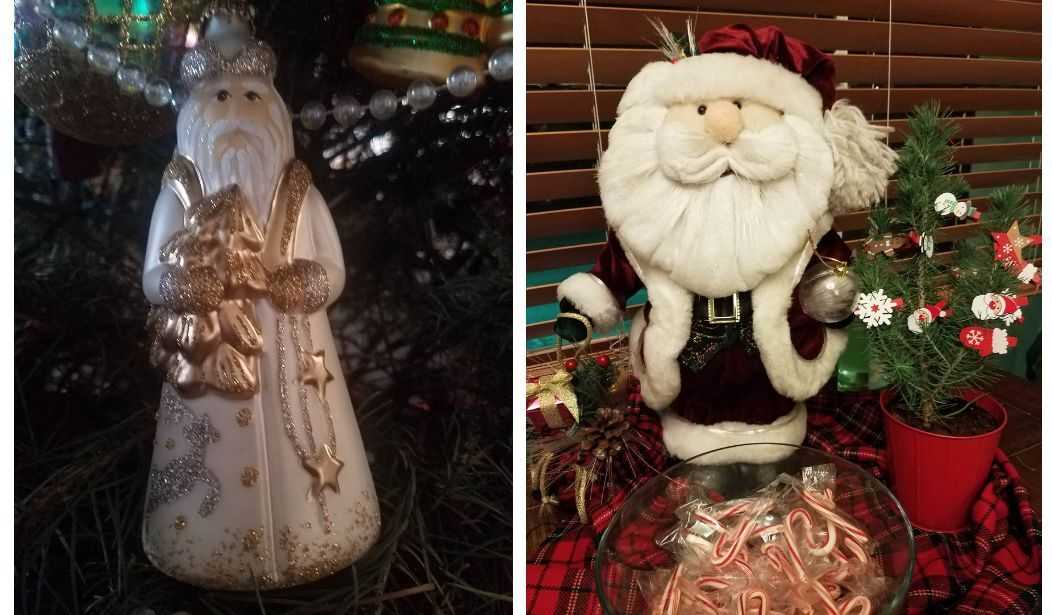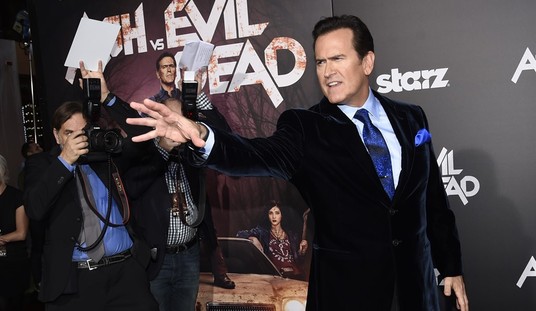I'm American, and love the concept of Santa Claus as much as the next person. But it is the iconography and tradition of Father Christmas that resonates with me even more. The fact that he is called "Father" evokes a warmth of humanity that is more touchable than a saint. I also kind of really like the origins of Father Christmas. Historically, he was kind of a party animal. Pen and ink and lithograph images from the 18th and early 19th Century show a spry and mischievous older gent with a bowl of wassail, as opposed to the 19th and 20th Century versions of a fat and jolly older gent with a bag of toys.
These are some of the earliest depictions of Father Christmas, formerly Old Christmas, Sir Christëmas or Gregorie Christmas. 1652, 1836, 1843, 1847 (the last one is actually the third ghost from Dicken's Xmas Carol) pic.twitter.com/dL6f4OSRH0
— Tom Rowsell (@Tom_Rowsell) December 18, 2023
For some, the rejection of Christmas as simply a debauched celebration that lacks serious focus has been an issue for centuries. You had Christians rejecting the Christmas celebration because of its pagan roots back then as much as you do now. When Martin Luther ushered in the Protestant Church, he rejected the Feast of St. Nicholas (December 6) because it was a celebration that venerated a saint who was the prototype for Santa Claus. Now modern Christians reject Santa Claus because they feel it takes focus from the one true gift of Jesus. Luther and these other good Christians have missed the mark, in my opinion. Symbols always represent something, and what the symbol of Father Christmas and Santa Claus represents is the heart of Father God.
James 1:17 says, "Every good and perfect gift is from above, coming down from the Father of the heavenly lights, who does not change like shifting shadows." The giver of good gifts is God himself. His greatest gift: His son Jesus was born into the world. Another scripture in Ecclesiastes 3:11 says, "He has made everything beautiful in its time. Also, he has put eternity into man’s heart, yet so that he cannot find out what God has done from the beginning to the end."
How do we know that it wasn't God's intent to embed eternity in the hearts of men by using the symbol of a Father Christmas? To point to the ultimate giver of gifts so that we can more readily receive the gift of Jesus his son? Jack Hayford was a prominent and prolific pastor whose Living Way Ministries spoke to many points in the culture. He has gone on to Heaven, but I was privileged to sit under his ministry for 17 years when I first moved to California. I recall a sermon series he did called "The Symbols of Christmas," and he echoed much of what I personally believed about why we can embrace and celebrate.
One Christmas, as the plane I was riding in approached its landing, I noticed how many houses were ablaze with Christmas lights and thought, “Lord, many of those people may not even realize it, but their homes acknowledge that the Light of the world has come.” It reinforced in me a conviction that, lodged in every one of the symbols of Christmas, there is a very deep and rich truth. That truth has not been imposed by religious tradition. That truth exists because spiritual understanding gave rise to the symbolic expressions we are familiar with. Over the centuries, people have celebrated that understanding via symbols. At Christmas, there are innumerable, inescapable signs of the fact that God came to earth. Whether intended as a witness to Him or not, society has been captured by God’s love—the season rings with it!
Think about it. Some derivation of "Father Christmas" is embedded in every culture. One of my favorites is Turkey's (a Muslim country, mind you) "Noel Baba." In Afghanistan, he is "Baba Chaghaloo," In Brazil, "Papai Noel," and in Norway, "Julenissen," which translates to Christmas Gnome! Love it. Pastor Hayford also said the symbol of Father Christmas, St. Nicholas, represents the longing for a loving Father. That resonated with me at the time, and having grown up without a father, I can attest that it is true.
But I like for us to capture a sense of something that Santa Claus represents to our society. Deep in the psyche of our society there is something so broken with regard to father figure that Santa Claus represents a happy daddy who loves them and gives them good things out of that—something which, in a very real way, is what everyone wishes they had. To many people, Santa represents the fulfillment of their longing for a loving daddy. Sensitivity on our part to that cultural symbol of the season can help us to be more available to present to people what it is they are really looking for at this time of year and always: the love of Father God.
In Britain, Santa Claus is called “Father Christmas.” Father God IS the Father of Christmas, because He gave us the gift of His Son Jesus. The fact is, Father God is a happy God (In 1 Timothy 1:11 it says, “…according to the glorious gospel of the blessed God which was committed to my trust.” Here, the word translated as “blessed” is actually the word, “happy.”)
So, thanks to that symbol and others, I am able to embrace the happiness, joy, and merriment of the Christmas celebration, even when things are less than joyful. Father God gave us the ultimate gift, and Father Christmas is a beautiful reminder of all that.
Here's a favorite viral video of a toddler who recognizes Santa Claus in the mall and runs full throttle into his arms. Symbols matter.
@girlgeterdone #santa #christmas #edmonton #girlgeterdone #meltmyheart #fyp ♬ original sound - Cheryl Bannister
And I leave you this Christmas week with another favorite carol of the season through the incomparable vocal stylings of Nancy Wilson.
Merry Christmas to you and yours!















Join the conversation as a VIP Member